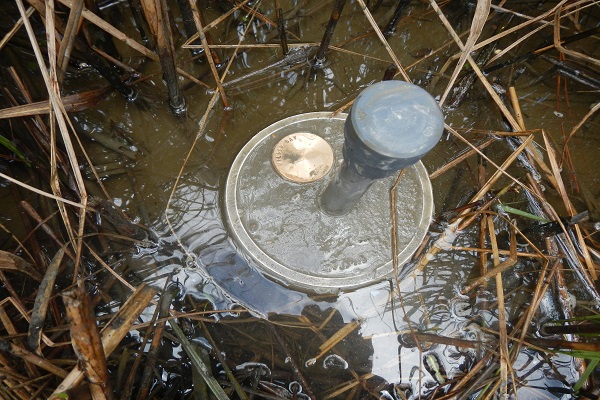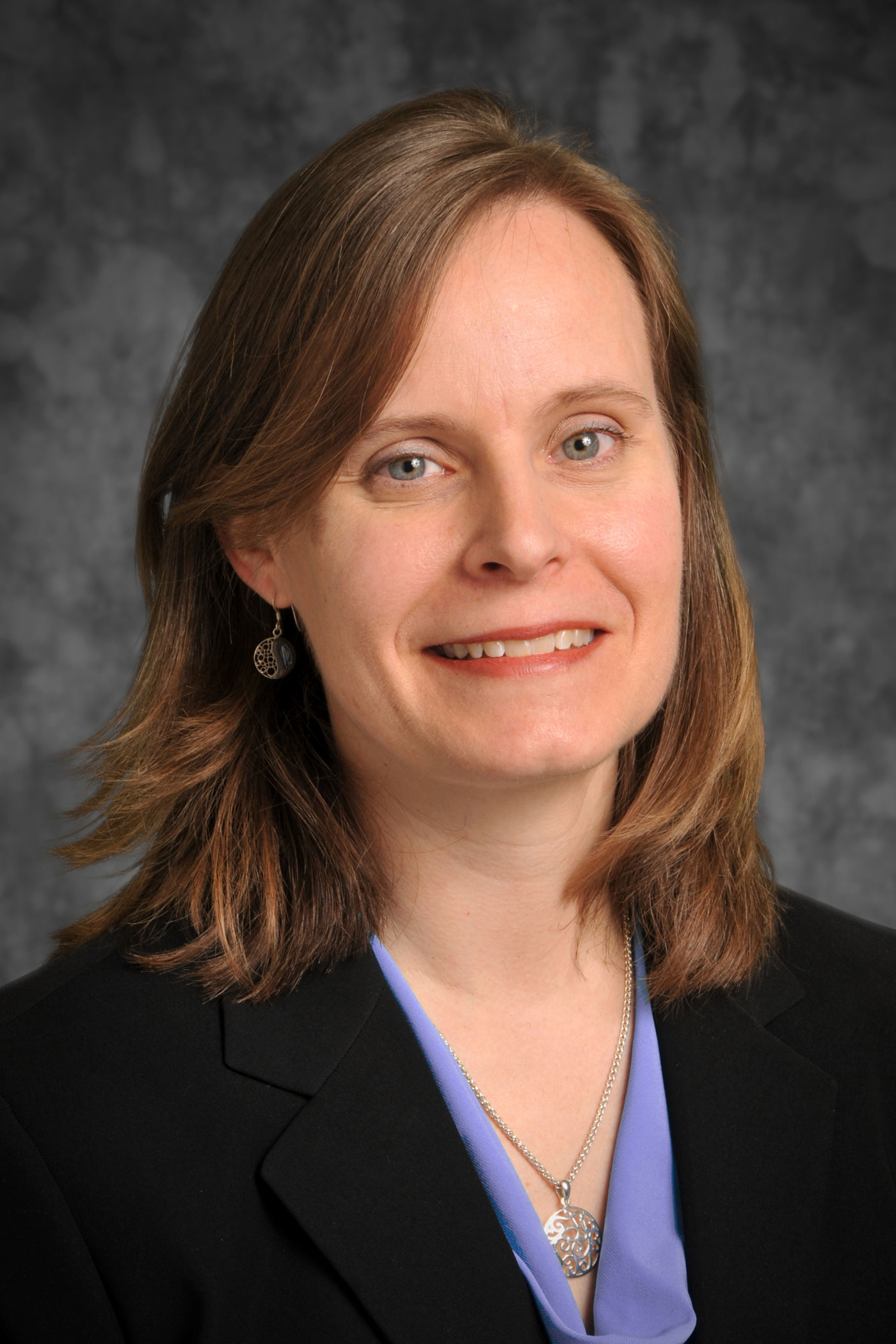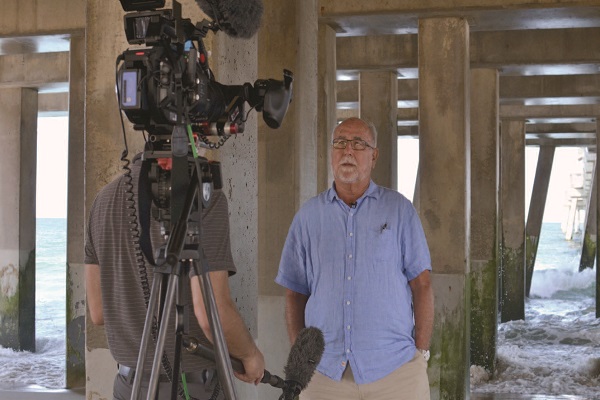EXPANDING MARINE EDUCATION FROM SEA TO MOUNTAINS
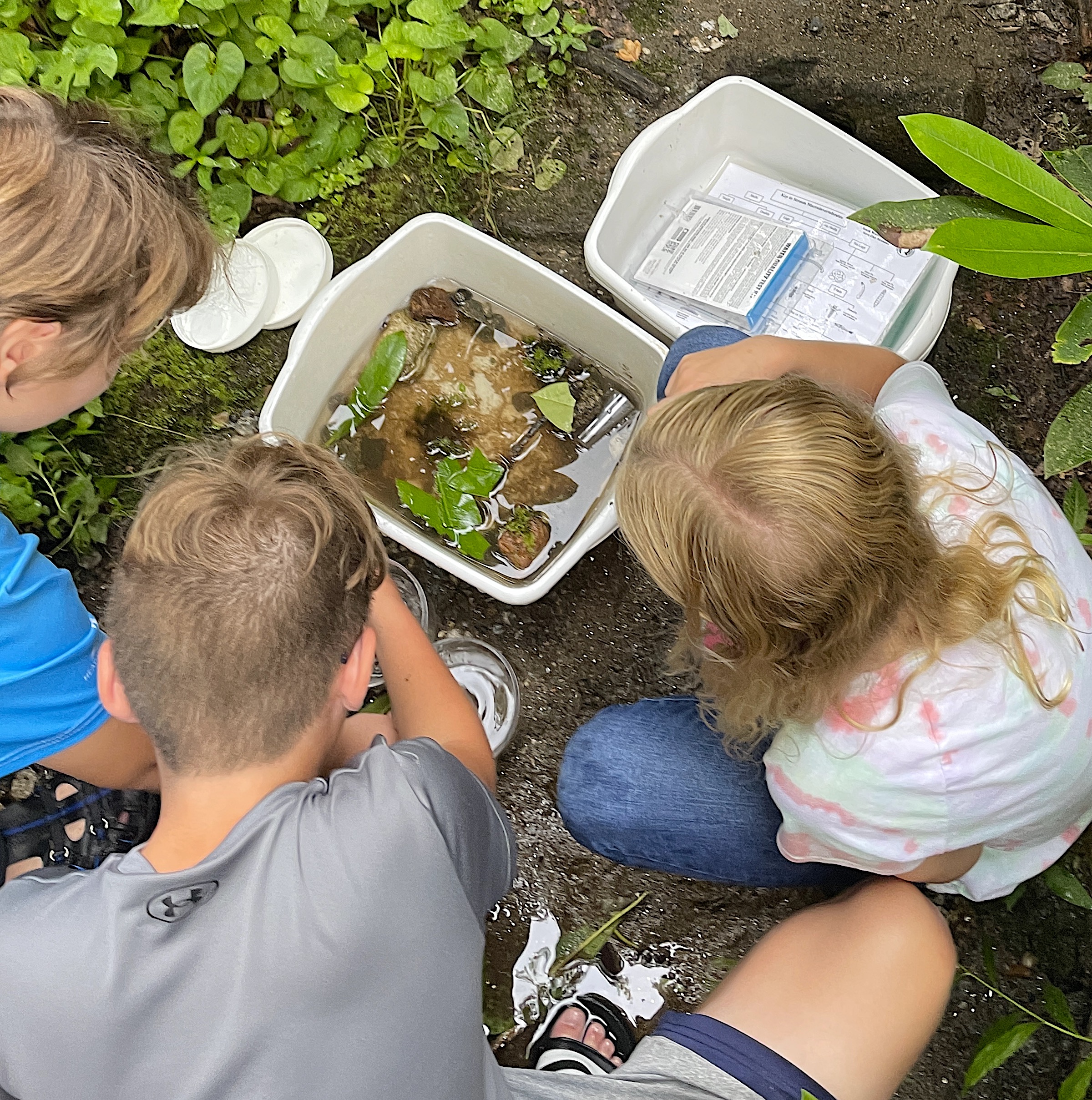
It’s easy to believe Terri Kirby Hathaway when she says she has the “best job in the world.”
Hathaway works as a marine education specialist with North Carolina Sea Grant, a position she’s held for 13 years.
“I’m a lucky person in that I am a marine biologist, but I also am a marine educator,” she explains. “Sharing the science that I’m excited about and the knowledge of the ocean that I really care about with people — it’s fun.”
Harnessing that enthusiasm, Hathaway recently mapped out how Sea Grant might expand its marine education programming. The new internal plan lays out the potential need for more public engagement and the strategies for reaching new audiences not only at the coast — but also in the piedmont and mountains.
“Everyone who lives, works or plays in North Carolina makes choices that can impact our coastal and ocean resources,” says Susan White, executive director of Sea Grant. “We want to continue investing in and out of the classroom to provide information and training that will
enhance decision-making in the state.”
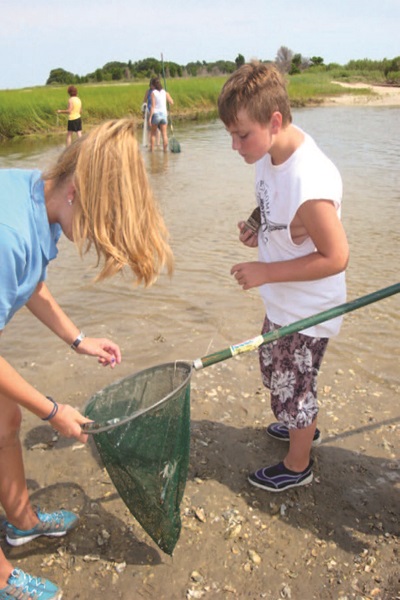
The plan, which aligns with the National Sea Grant College Program’s focus on environmental literacy and workforce development, identifies four new goals for the education program. These goals address the highest-priority issues identified during the planning process by key formal and informal educators working in the state, as well as fellow North Carolina Sea Grant staff.
“For this first phase, we selected the projects considered the most highly impactful, and many of them I’ve been wanting to do,” Hathaway says. “And now that we have a running list of 17 other great projects, when one goal is accomplished, another can be added in its place.”
The first step is creating an education advisory group this spring to guide implementation of the plan. Members will serve as ambassadors for Sea Grant’s marine education program.
“We anticipate the panel will include a variety of formal and informal educators, along with researchers looking at education,” reports Jack Thigpen, extension director for Sea Grant.
Hathaway also plans to work closely with Sea Grant communicators to get Coastwatch into more classrooms. “It’s a great resource for information that we hope to make even more educator-friendly by developing additional lessons correlated to state science, common core
and ocean-literacy standards.”
This curriculum-development strategy also will be applied to the brightly illustrated North Carolina’s Amazing Coast, which often is featured in Coastwatch.
The goal is to design an elementary-level curriculum that makes the book’s fascinating flora and fauna come to life in a variety of educational settings. Professional-development workshops will be designed to introduce the new resources to teachers across the state. “Public-school teachers in particular seem overloaded,” Thigpen explains. “By creating lesson plans that meet state standards, we hope to get our information and resources out to even more people.”
Sea Grant’s marine education resources, like the new Amazing Coast curriculum, often are distributed through Scotch Bonnet, an electronic newsletter reaching more than 450 educators. A survey of current subscribers will further identify priority topics and the best channels for getting information out to those who need it.
Thigpen, along with Sea Grant graduate intern Andreanne Meley, are developing the survey. “It’s important to understand the most important questions these educators need answered, and how we can best reach them,” Thigpen says.
“This whole process has resulted in increased energy within the organization for education,” he adds. “We’ll be able to make better, more widespread use of the resources we already have.”
Hathaway believes the biggest result of having this plan will be sharing Sea Grant’s science with more — and different — educators across the state.
“With education, you are building on small steps that have a big impact down the line. I hope, with all my work, to make people excited about the ocean so they’ll take care of it.”
This article was published in the Spring 2017 issue of Coastwatch.
For contact information and reprint requests, visit ncseagrant.ncsu.edu/coastwatch/contact/.
- Categories:
